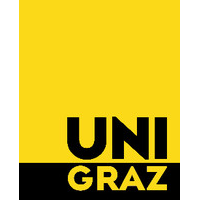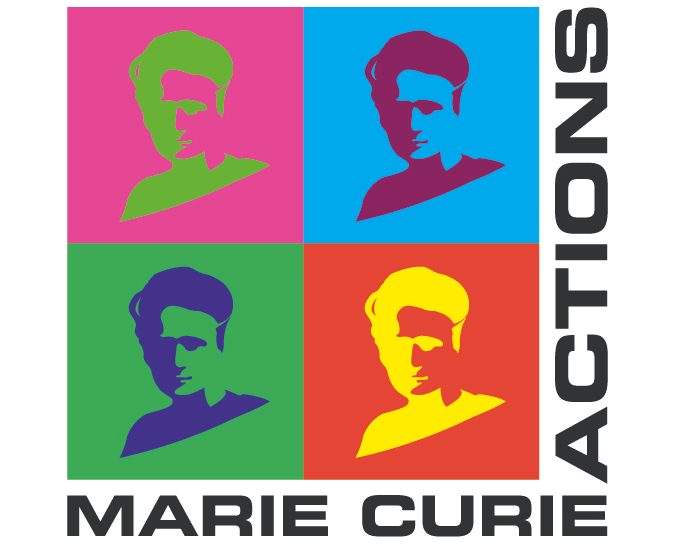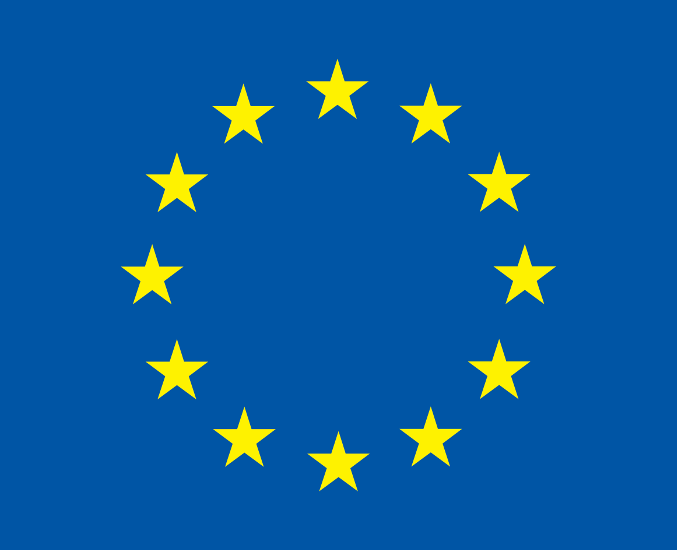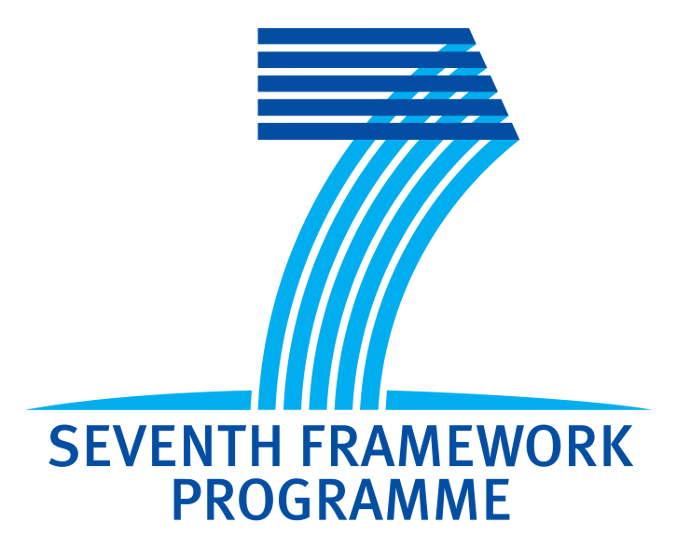XML/TEI for Digital Scholarly Editions – Standards, tools and software
Schedule | Application Form | Flyer
Application Deadline: 28 July 2014
 We are very pleased to announce the second DiXiT camp on XML TEI P5 for Digital Scholarly Editions – Standards, tools and software funded by the Digital Scholarly Editions Initial Training Network (DiXiT), and run by the Centre for Information Modelling – Austrian Centre for Digital Humanities (Graz) in collaboration with the University of Oxford, the University of Cologne, the Royal Netherlands Academy of Arts and Sciences, SynchRO, TEI-C, and Text Grid. The course will be held at the University of Graz (Karl-Franzens-Universität) from 14th to 19th September 2014.
We are very pleased to announce the second DiXiT camp on XML TEI P5 for Digital Scholarly Editions – Standards, tools and software funded by the Digital Scholarly Editions Initial Training Network (DiXiT), and run by the Centre for Information Modelling – Austrian Centre for Digital Humanities (Graz) in collaboration with the University of Oxford, the University of Cologne, the Royal Netherlands Academy of Arts and Sciences, SynchRO, TEI-C, and Text Grid. The course will be held at the University of Graz (Karl-Franzens-Universität) from 14th to 19th September 2014.
The second DiXiT camp will be an intensive training on XML TEI P5 for Digital Scholarly Editions and on standards, tools and software for creating digital editions. It will provide students with theoretical knowledge and practical experience in creating digital editions using the open international encoding standard XML TEI P5. Basics of representing textual phenomena and features for the description, transcription and representation of primary sources will be covered, from data input to publication.
The lectures will be held by experts from the DiXiT partners and will cover the following areas:
- General introduction on XML TEI P5
- Transcription and editorial interventions
- Critical apparatus
- Genetic editing
- Tools for digital editing
- Customization of the TEI schema
- Workflow and solutions to create an online presentation out of TEI
- Metadata standards
- Edition beyond text: image-text-linkage and music editions
Evening lectures on use cases will accompany the morning and afternoon sessions. Besides the Shelley-Godwin Archive, two editing projects from Graz, Hugo von Montfort – the poetic work and the Moral Weeklies in Romance-speaking Europe, will serve as examples for different editing scopes.
The DiXiT camp on XML TEI P5 for Digital Scholarly Editions – Standards, tools and software is open to students registered for postgraduate and in particular doctoral programs (PhD or equivalent) and to recent graduates anywhere in the world with basic experience in scholarly editing. The course will strongly focus on practical exercise. We will therefore prefer applications which can bring own material for the exercises. All teaching will be in English.
The course offers 25 positions from which twelve are reserved for DiXiT fellows, leaving 13 vacancies for other applicants. Participants will be required to arrange their own accommodation and travel to Graz, but there will be no fee for the course itself. Some bursaries will be available for travel and accommodation in particular for participants from less developed countries and from Eastern Europe.
Applications close on 28 July 2014 and early registration is highly recommended.
Please use the application form and send it to dixit(at)uni-graz.at.
DiXiT is funded under Marie Curie Actions within the European Commission’s 7th Framework Programme.


